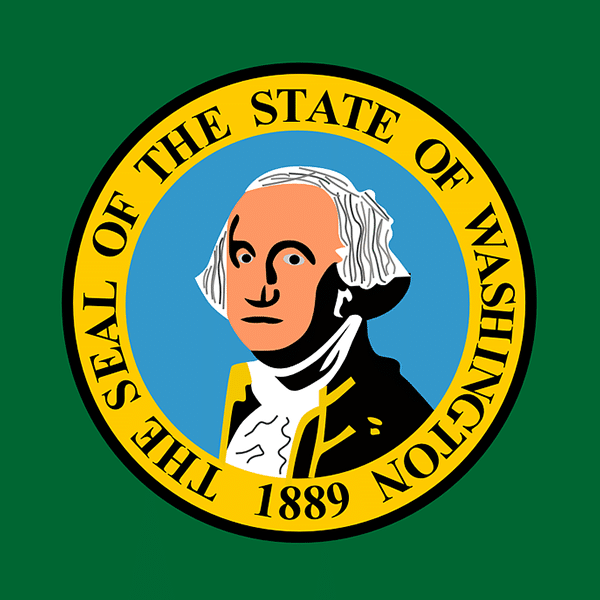Washington is the latest state to begin accepting applications in the BEAD rural broadband funding program. The state has $1.2 billion to award – a relatively high amount in comparison with the other 49 states.
Applications are due January 31, 2025.
If funding remains after the first round of awards is made, the state will conduct a second round, with the deadline to be determined at a future date.
A third round of Washington BEAD applications may follow if some project areas are unclaimed after Round 2. In the third round, the Washington broadband director would negotiate directly with service providers to serve those areas.
Primary Criteria for Fiber Projects
Rules for the BEAD program call for deploying fiber broadband except when cost prohibitive.
The “primary criteria” that the state would use in awarding funding for fiber projects include whether the applicant has minimized the BEAD program outlay (up to 40 points), service affordability (up to 20 points) and fair labor practices (up to 15 points).
Providers that offer symmetrical gigabit service for less than $75 per month can earn 20 points in the affordability category, while those charging between $75 and $84.99 can earn 10 points.
Secondary Criteria for Fiber Projects
Secondary criteria in the Washington BEAD program include speed to deployment, open access and local & tribal coordination. In addition, applicants can get extra points if they subsidize end user digital devices and/or offer digital literacy programs.
Additional information about the secondary criteria:
- Speed to deployment (up to 1 point). Applicants that commit to completing their project in less than three years can earn one point and those that commit to no more than four years can earn half a point.
- Open access (up to 8 points). Applicants who have signed contracts to use the network from two or more providers (not counting themselves) can earn four points.
In addition, those that offer symmetrical gigabit service on a wholesale basis for less than $40 can earn four points, and those that offer the same service for $40-$50 can earn two points. - Local and tribal coordination (up to 8 points). Applicants can earn up to four points for letters of support from county commissioners, city councils or tribal governments. In addition, the applicants can earn up to four points for records of local or tribal government consultations.
- Adoption and digital navigation (up to 8 points). Providing subsidized end-user digital devices can earn an applicant up to five points, and offering other digital navigation services can yield up to three points.
Criteria for Projects Using Alternative Technologies
Washington plans to establish its high-cost threshold after the first BEAD round. That threshold will determine where service providers will be able to use technologies other than fiber broadband.
Those applying to use alternative technologies will be evaluated on a bit different scoring system. Although the primary criteria categories will be the same, the affordability category will focus on 100/20 Mbps service. Applicants can earn 20 points for a price of less than $40 per month and 10 points for a price of $40 to $49.99.
Secondary categories are the same as for fiber broadband, except that:
- In the open access category, applicants can earn two points for a symmetrical gigabit service priced at $39.99 or less and two points for offering 100/20 Mbps service for $30 or less.
- There is an additional category called “speed of the network.” An applicant can get three points for using DOCSIS 3.1 or higher, two points for using a wireless service based on licensed spectrum and one point for using LEO satellite broadband.
- The open access, local & tribal coordination, and digital navigation categories are worth up to seven points each.
Applicants have the option of submitting a single application for the first two rounds by including details about how they would deploy an alternative technology, as well as how they would deploy fiber.
Additional information about Washington BEAD applications can be found in this press release.
Additional information about Washington broadband, including links to state funding resources, state specific Telecompetitor coverage, awards made and more, can be found on the Telecompetitor Broadband Nation web page for the state.



